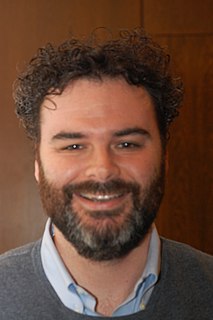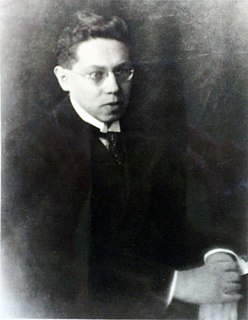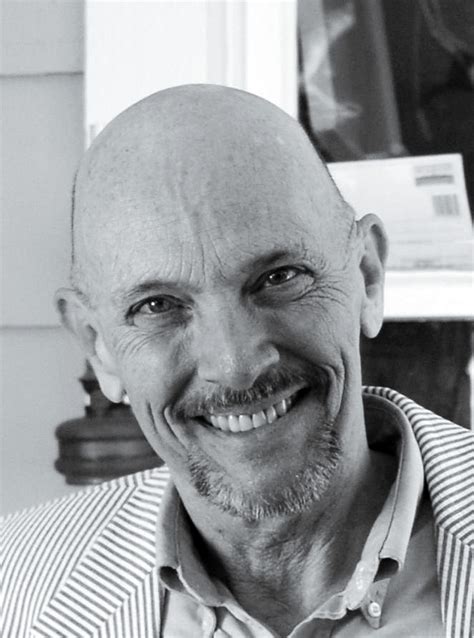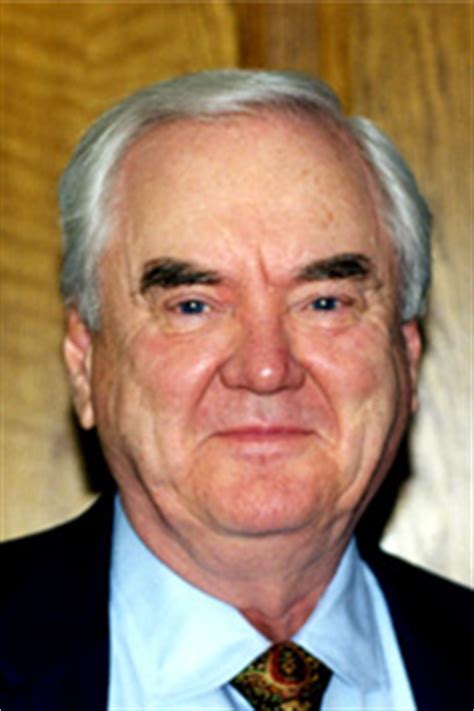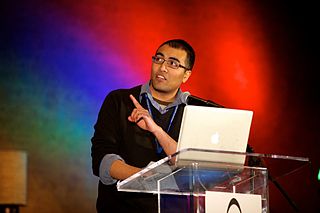A Quote by Mary Beard
One of the great things about history is that it sort of isn't a done deal - ever. The historical texts and the historical evidence that you use is always somehow giving you different answers because you're asking it different questions.
Related Quotes
If you write a post and put it on a blog, that's a historical document. If you change your template, then that entry looks completely different. It's the same words, but not the same meaning. This all depends on what historical questions that people will be asking and we can't know what they will want.
Modern acting is method acting, most of it. And there are sort of different schools, so I guess I'm not really from one school or another. I had a number of different teachers but they were all kind of drawing from the same pool, which is - What do you want? What are you doing to get what you want? And, what is in the way? These are basic acting questions. Knowing the answers to those questions. So you're talking about objectives and actions and obstacles. That's a sort of shorthand that gives you a language.

